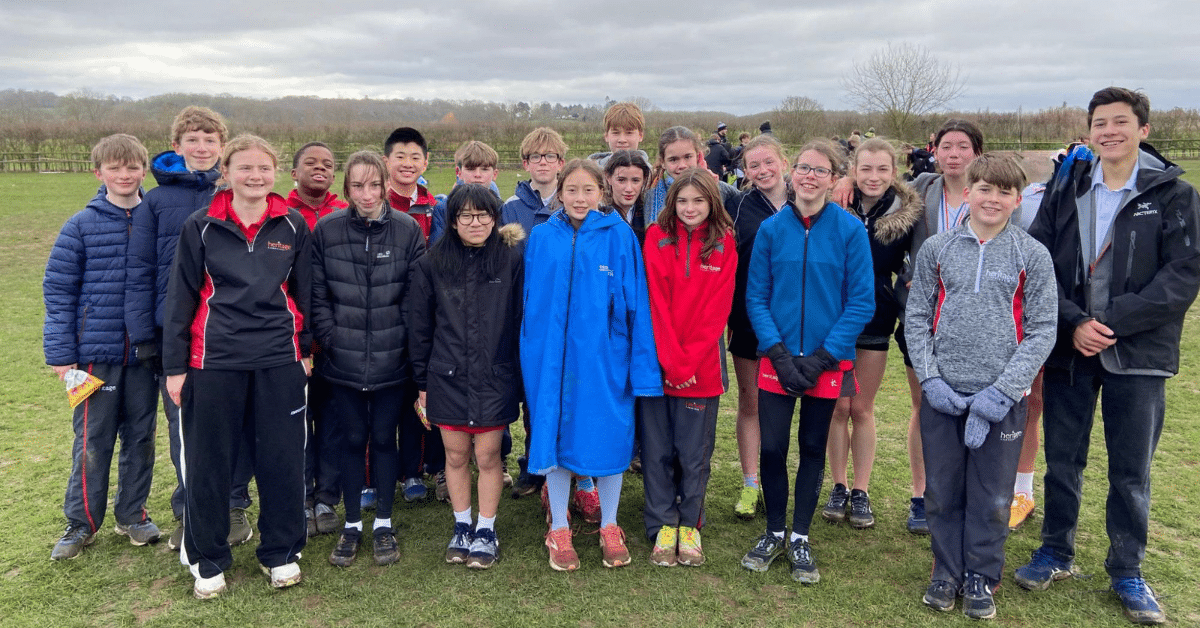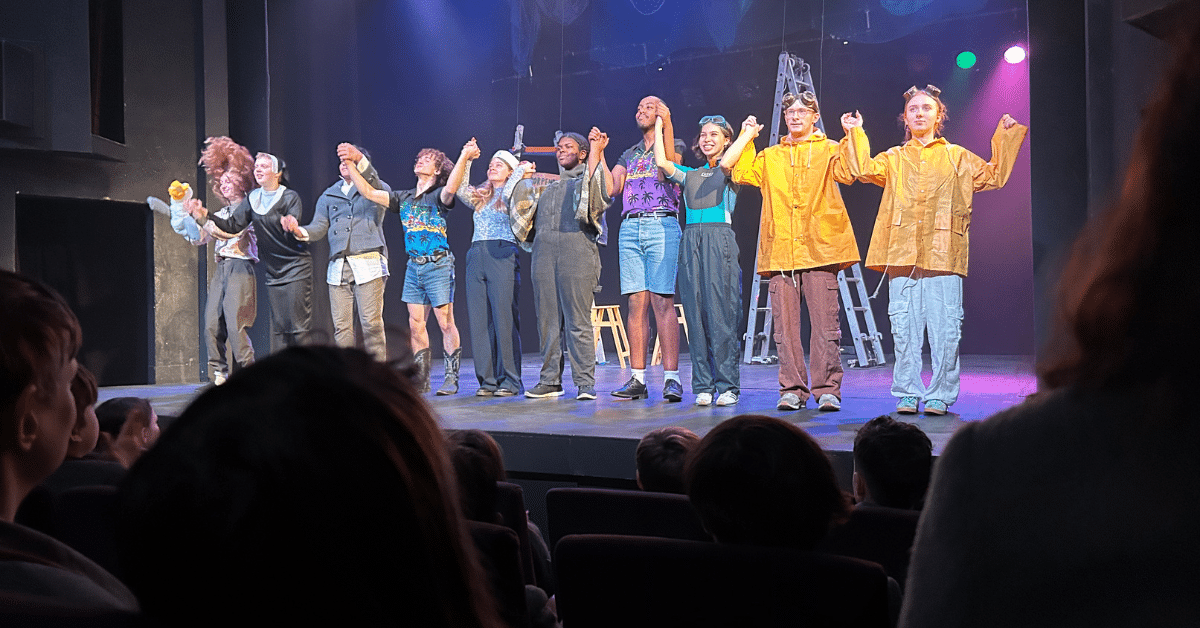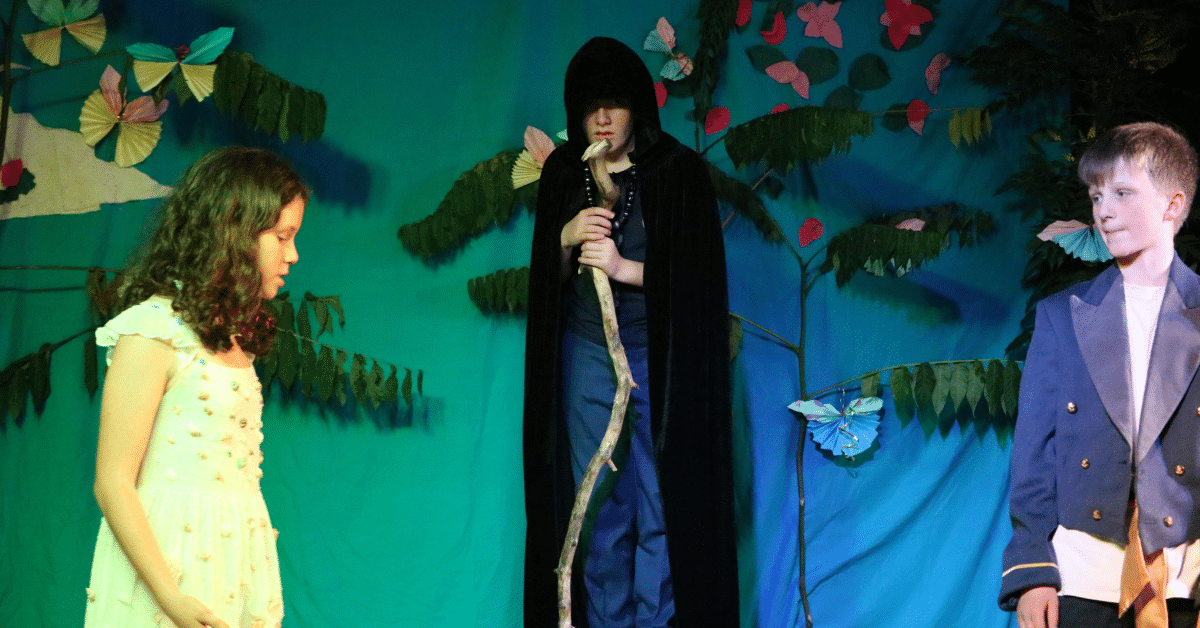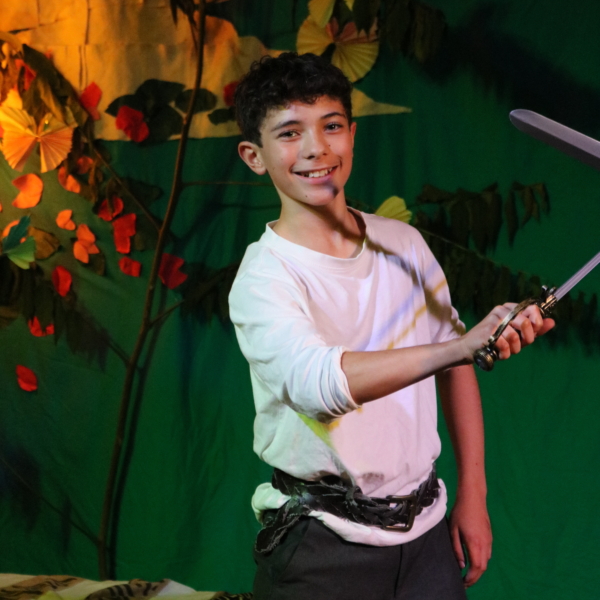Success for Yellow in Heritage’s Inaugural House Singing Competition
Friday 13th February marked the Senior School’s inaugural House Singing Competition. The Years 10–11 House Music Captains did an outstanding job throughout the half term preparing their houses. They selected their songs and led each rehearsal with great dedication and enthusiasm.
Blue performed ‘I Wan’na Be Like You’ by Louis Prima, Green sang ‘Waterloo’ by ABBA, Red performed ‘Friend Like Me’ by Robin Williams, and Yellow sang ‘Where the Streets Have No Name’ by U2.
The pupils set a wonderful standard for future competitions, delivering four fantastic performances complete with parts, harmonies and actions to accompany the lyrics. Tabitha Kelly, our external judge and a professional musician, commented:
“I was so impressed by how the Senior Heritagians rose to the occasion of their first House Singing Competition. It was wonderful to see how each house managed to transcend their differences in age, size and sophistication (from the littlest Year 7s to the most seen-it-all Year 11s), and to push past nerves and shyness to give four truly delightful and unified performances, led by their courageous house captains!”
On the day, Yellow were crowned winners of the House Singing Competition. Special thanks go to the House Music Captains for their hard work in preparing their houses for the event, and to Tabitha Kelly for judging.









